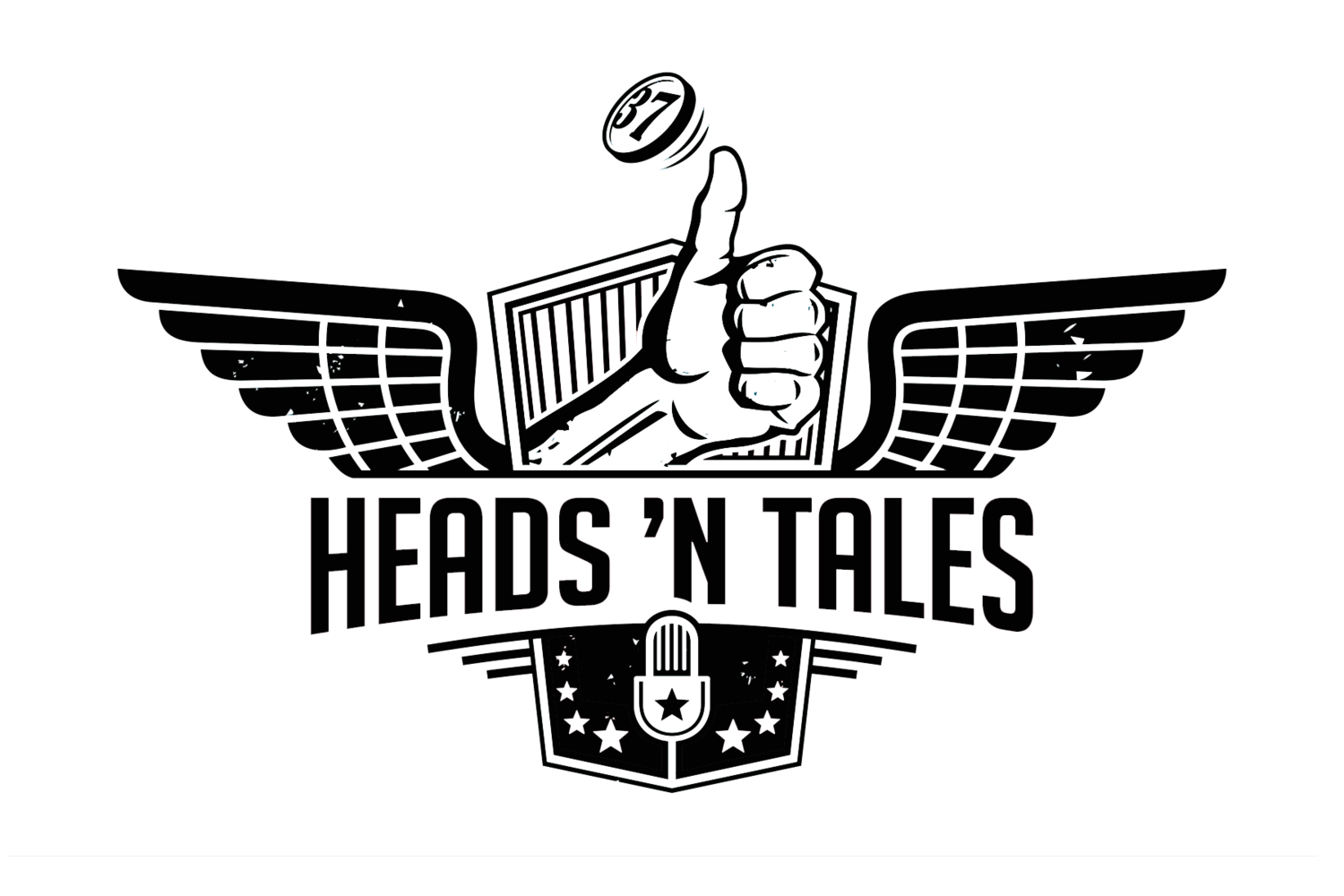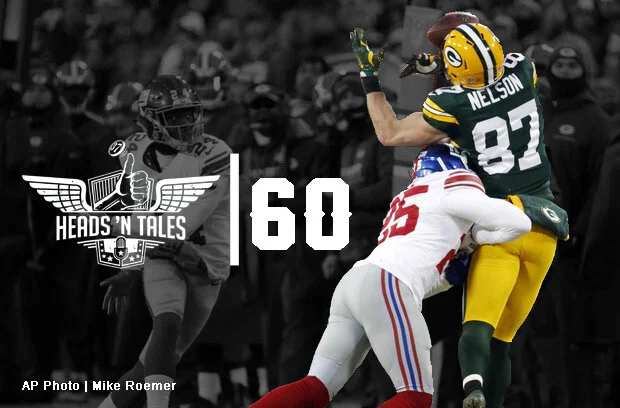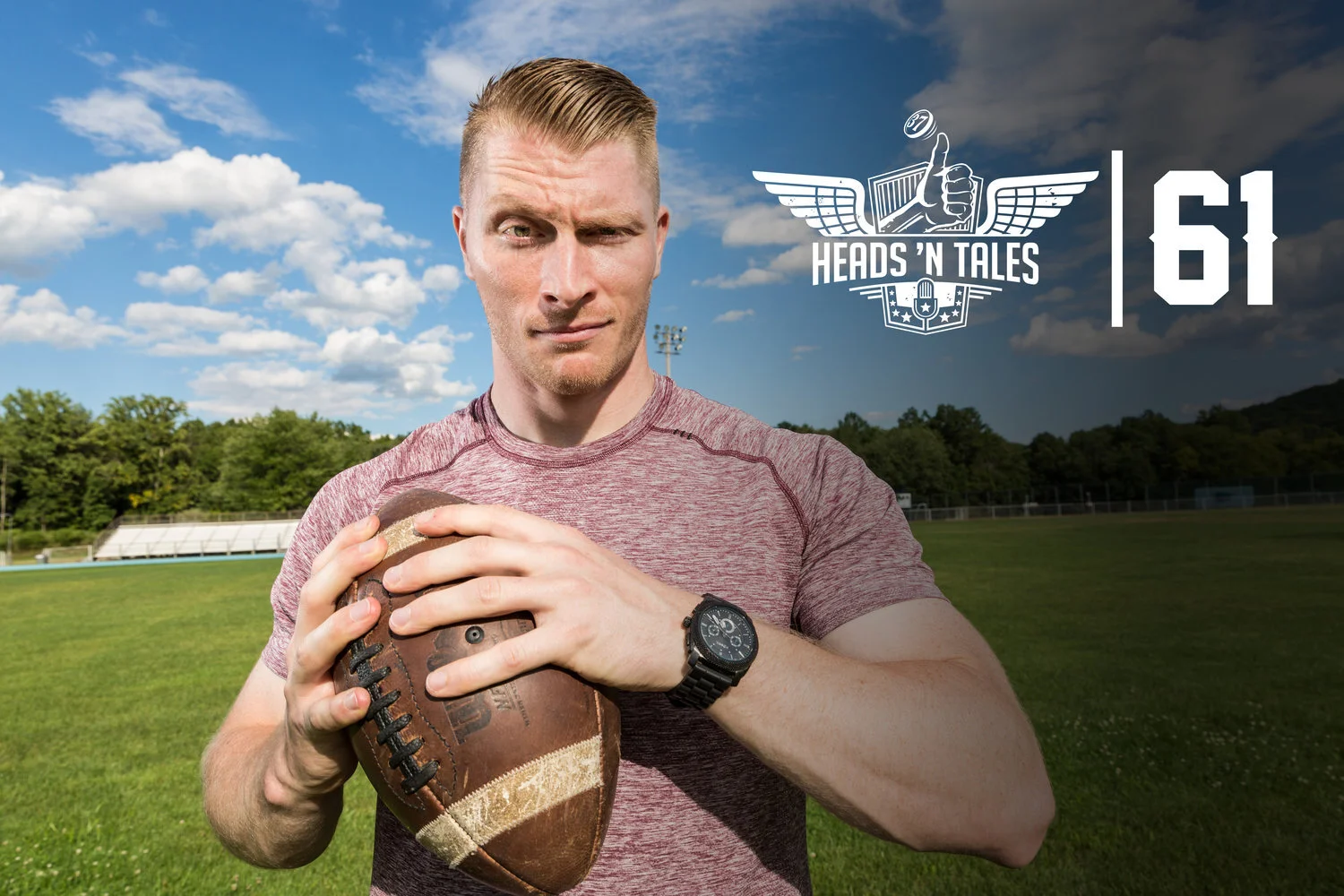Clean or Dirty? The Hit That Made Jordy's Ribs Say "Oh Lordy"
Last Sunday, the Green Bay Packers and New York Giants squared off on wild card weekend. The Packers were victorious, but did not come out unscathed. Jordy Nelson, who leads the Packers with 97 catches for 1,257 yards and 14 touchdowns, broke his ribs on a controversial hit made by Giants defensive back, Leon Hall. As you can see in the picture above and the video below, Hall lowered the crown of his helmet into Nelson's body in an attempt to break up a pass.
The reason I dedicated an entire episode to this hit and described it as "bush league" is because of how unnecessary I felt it was. Just as easily as Leon Hall targeted his facemask into Nelson's ribs, he could have placed his head to either side of the receiver. Had Hall taken that approach, Jordy most likely wouldn't have been injured, and Hall wouldn't have exposed himself to a concussion or spinal cord injury. For this reason, tackling 101 always teaches athletes to NEVER lower their heads and to "see what you hit."
For NFL players, this is their livelihood! How would you want to be tackled knowing that your next play, game or season is what is putting food on your family's table? Look out for your brothers on the field. You may be wearing different colored jerseys, but you all have the same goals at the end of the day. Don't try to end your opponents career because you just might end yours in the process.(Check out an article I wrote a few years back for Jay Fraga's Knockout Project on defenseless receivers in the NFL : Fixing Concussions with Band-Aid’s: How Effective is the NFL’s Defenseless Receiver Rule? )
Ultimately, Leon Hall was not fined although the NFL rules prohibit "lowering the head and making contact with the crown or 'hairline' parts of the helmet against any part of a defenseless receivers body." In my opinion, Hall's hit meets this definition. I feel this hit was made with the intention to injure, not just to make a tackle or break up the pass. Although I am critical of Leon Hall's hit and I am assuming his intentions, I am also somewhat of a hypocrite because I used to be the same type of player. On every play I tried to run over any defensive back who attempted to tackle me. When I did, my teammates got fired up, my coaches got fired up and I felt whole. So trust me, I understand what was going through Leon Hall's head as he was in pursuit of the Packers' leading receiver. But then again, maybe neither of us are to blame.
I was the type of running back who fought for every inch and tried to punish as many defenders as I could along the way. I don't recommend anyone do this and I believe this is partially why my career was shorter than I hoped.
Although this may just look like a normal picture of me running the football on a Friday night in 2007, there is actually a lot more going on. Take a look at my right hand. My clenched fist is in preparation for attempting to run over the Roxbury High School outside linebacker. I succeeded, but at a cost. I separated my shoulder on this play, which led to hurting my opposite shoulder and then using my head as a weapon. I truely believe if I sat out for this shoulder injury, I never would have injured my brain to the extent I did.
In 2009 a journalist by the name Malcolm Gladwell wrote an article called How Different are Football & Dog Fighting? This was written in the aftermath of Michael Vick's dog fighting NFL dismissal and jail sentence. The article talks about concussions and CTE, but also compares football to dogfighting and to be honest, I thought Gladwell was on to something then and I still do now.
"In a fighting dog, the quality prized above all others is the willingness to persevere even in the face of injury and pain. A dog that will not do that is labeled a 'cur' (worthless) and abandoned. A dog that keeps charging at it's opponents is said to possess 'gameness' and game dogs are revered."
- Malcolm Gladwell, How different are Football & Dog Fighting? (2009)
Leon Hall is a 10 year veteran in the NFL so he was undoubtedly brainwashed by the same old school mentality that I was exposed to growing up. You know what I'm talking about, "no pain no gain," "suck it up," "don't rub it we got ice" and my favorite "you just got your bell rung." It was the same era of glorified cheap shots, twisting ankles and gouging eyes under the scrum (I never partook in this part, but was on the receiving end plenty of times). This is all we knew. A part of me does understand why Leon Hall launched himself into Jordy Nelson with reckless abandon. But I also understand that is exactly what is wrong with the game of football. You want to save the game, fix that problem in my opinion. No new rule changes, or equipment would be required, just a shift in the definition of toughness...or gameness.
Gameness - A dogs desire to please an owner at any expense to itself
- Carl Semencic , in “The World of Fighting Dogs” (1984)
As recently as December 1st, 2016, Gladwell brought up the dog fighting connection again in a collaborative article with sports journalist, Bill Simmons, titled Simmons vs. Gladwell: The Future of Football. This article was written in the wake of Cam Newton's repetitive head shots and immediately after Luke Kuechly was seen sobbing after suffering a concussion on a Thursday night prime-time game against the Saints. In my opinion, I believe Kuechly was not crying because of pain or an uncontrollable reaction to his concussion. I think, Kuechly was crying because he was silently being labeled as a 'cur' by the media, his coaches, teammates and the running dialog in his head. But you know what, I have been there too and it sucks.
Another interesting point in The Future of Football article was a segment about a recent boxing match where one of the boxers quit in the 8th round because he didn't want to take anymore punishment. This is an example of an athlete admitting he doesn't need to be as game as a dog. Below, I provided a video of highlights from star NFL running back, Ezekiel Elliott (Zeke). I put this here as an example for young running backs on how they should run the ball. In my opinion, Zeke run's the with the perfect combination of brains and braun, which hopefully will lead to a longer career. In watching the highlights, notice that Zeke only lowers his shoulder to run over a defender when he as at the goal line, or to protect himself. My advice to running backs is that you are supposed to run away from defenders, not at them if you can avoid it. If you are too slow like I was, find a new position.
After reading this post, it might be seem like I have a personal vendetta against Leon Hall. I wholeheartedly do not, and as I mentioned, I'm sure we have a lot in common in terms up our football upbringing. Also, as all athletes know, you turn a switch on when you step on that field. You're not that same person on the streets. Trust me, I get it! Not many NFL players can say they played in the league for 10 years so Leon obviously is doing something right. I'd love to talk to him about how he was able to stay healthy for that long in a profession with a 100% injury rate. I will assume Hall has learned to please his coaches, teammates and the media along the way. You don't spend that much time in the league if you're not a game dog. That being said, Gladwell points out that organizations who select for gameness have a responsibility not to abuse the trust (ex. between athlete and coach).
"If you have men in your charge who would jump off a cliff for you, you cannot march them to the edge of the cliff—and dogfighting fails this test."
- Malcolm Gladwell, How different are Football & Dog Fighting? (2009)
Hits and plays like the Hall-Nelson hit happen every weekend all around the country. However, the NFL and all sports organizations at all levels of play need to exercise their responsibility to protect athletes. I am simply using this hit as one of many examples of how we can make football safer and to teach people what the real definition of toughness is. Unfortunately I learned the definition long after my playing days, but my hope is some young buck reads this and the light bulb goes off in their head sooner rather than later.
"'Toughness' is deciding to engage. Committing to the first step towards improving and taking it, aggressively. This is a decision that you can make, because you always have a choice, no matter what."
- Bill Anthes, Episode 54






